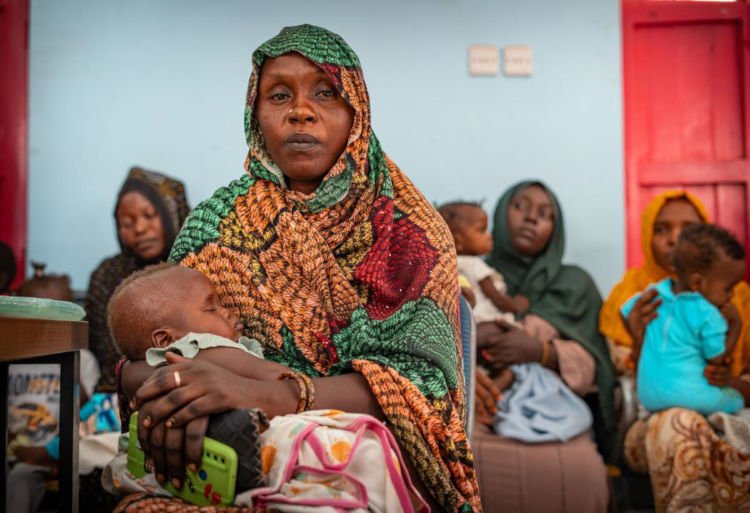About 270,000 children in southern Africa face the risk of severe acute malnutrition (SAM).
Development Diaries reports that the severe drought that has impacted large swathes of Botswana, Lesotho, Malawi, Zambia, Namibia, and Zimbabwe is threatening the lives of children, according to the United Nations Children’s Fund (UNICEF).
We understand that El Niño-related weather conditions, including extremely low rainfall, have made Lesotho the latest country to declare a state of national food disaster following similar declarations in the other five countries.
In Lesotho, Malawi, Namibia, Zambia, and Zimbabwe, 7.4 million children are living in child food poverty, and over two million of these children are surviving on extremely poor diets that include at most two food groups.
This is being exacerbated across large parts of southern Africa due to drought. Communities have lost crops and livestock due to lack of pasture and water.
‘The humanitarian needs children are facing due to El Niño are extremely concerning’, UNICEF’s Regional Director for Eastern and Southern Africa, Etleva Kadilli, said in a statement.
‘Increasing food insecurity and malnutrition, challenges in accessing safe water and sanitation, as well as risks to disease outbreaks such as cholera are a serious threat.
‘Thousands of children are on the brink of being irreversibly impacted in their health and growth because of the climate-related crisis and this warning should not go unheard by the international community’.
Climate shocks across the region are severely impacting vulnerable children. These shocks lower the quantity, diversity, and quality of available food, negatively affecting the care of children and disrupting access to clean and safe water, exposing children to life-threatening childhood diseases, including diarrhoea.
Development Diaries calls on governments across the region to ensure nutrition and food interventions are ramped up to avoid catastrophic humanitarian conditions.
We also urge development partners in this region to help provide support and assistance in ensuring malnutrition and food insecurity in adequately tackled.
Source: UNICEF
Photo Source: WFP







